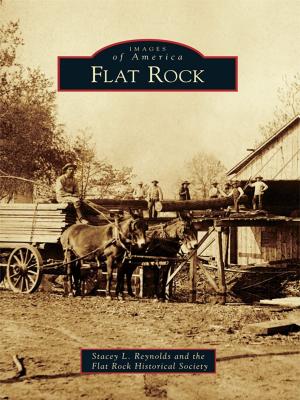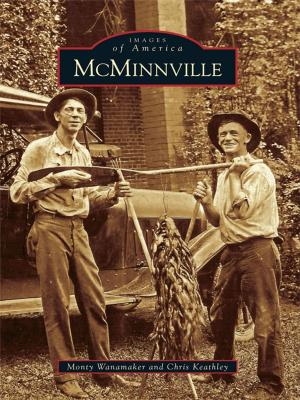Naugatuck Valley Textile Industry
Nonfiction, Travel, Pictorials, Art & Architecture, Photography, History| Author: | Mary Ruth Shields | ISBN: | 9781439638897 |
| Publisher: | Arcadia Publishing Inc. | Publication: | January 10, 2011 |
| Imprint: | Arcadia Publishing | Language: | English |
| Author: | Mary Ruth Shields |
| ISBN: | 9781439638897 |
| Publisher: | Arcadia Publishing Inc. |
| Publication: | January 10, 2011 |
| Imprint: | Arcadia Publishing |
| Language: | English |
T he textile industry found its roots in Connecticut along the banks of the Housatonic and Naugatuck Rivers between Waterbury and Bridgeport. From the early 1800s, when David Humphries, former aide-de-camp to Gen. George Washington, brought the woolen industry to America, to the 1950s, when the vast Sidney Blumenthal Mills moved to the South, the textile industry shaped life in the Naugatuck Valley. The industry witnessed labor actions, inspired cultural expression, and experienced the growth of shipping by road, water, and rail. Workers produced felted wool, cotton, and silk fabrics, velvet, fake fur, wool hosiery, buttons, ribbons, and various other goods, laying the foundation for the prosperity enjoyed by the valley today.
T he textile industry found its roots in Connecticut along the banks of the Housatonic and Naugatuck Rivers between Waterbury and Bridgeport. From the early 1800s, when David Humphries, former aide-de-camp to Gen. George Washington, brought the woolen industry to America, to the 1950s, when the vast Sidney Blumenthal Mills moved to the South, the textile industry shaped life in the Naugatuck Valley. The industry witnessed labor actions, inspired cultural expression, and experienced the growth of shipping by road, water, and rail. Workers produced felted wool, cotton, and silk fabrics, velvet, fake fur, wool hosiery, buttons, ribbons, and various other goods, laying the foundation for the prosperity enjoyed by the valley today.















